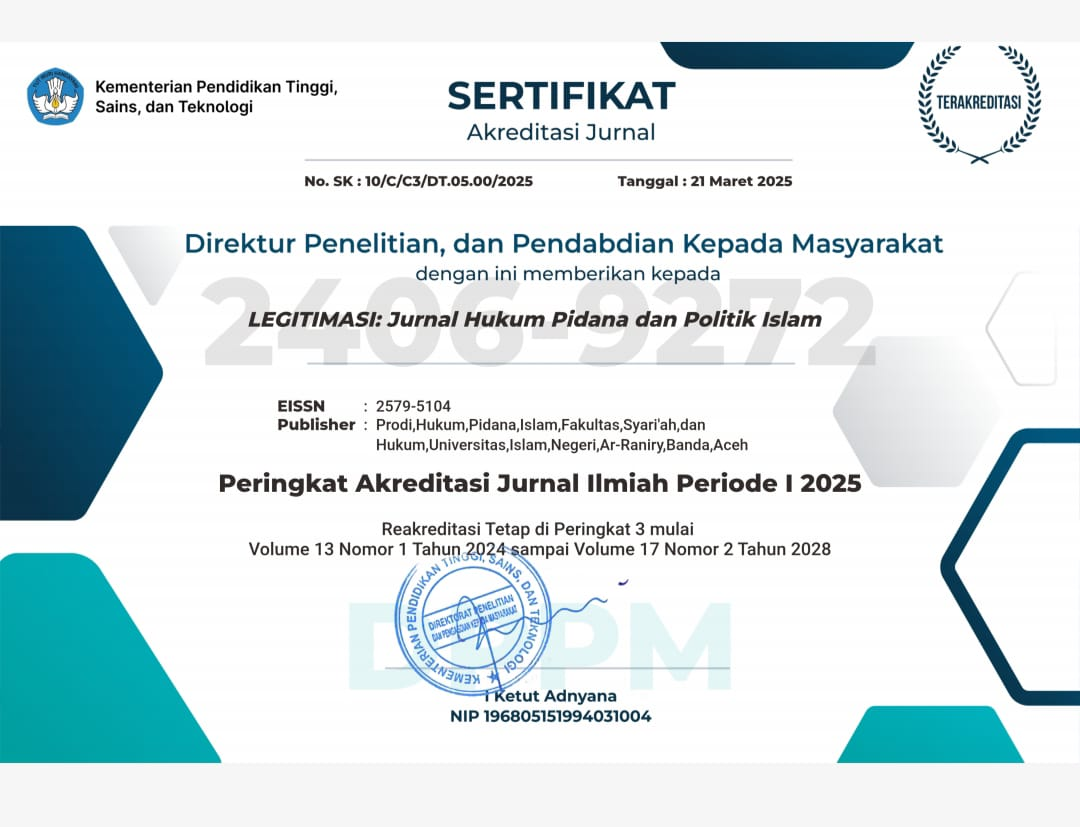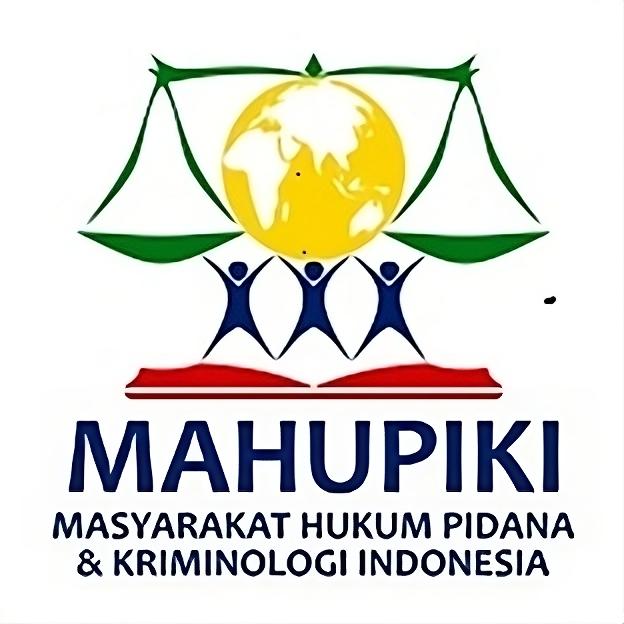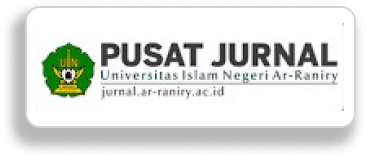Sociological Juridical Review of the Phenomenon of Online Begging Legislative Perspectives in Indonesia
DOI:
https://doi.org/10.22373/legitimasi.v14i1.30518Keywords:
Online Begging, Legal, Sociological, Social MediaAbstract
The phenomenon of online begging is one of the negative impacts of social media use. Online beggars take advantage of public sympathy to enrich themselves by creating content that evokes pity, viral content, which will invite the public to help by giving gifts that can be exchanged for money. The action of online beggars is an act of exploitation carried out against oneself and others; this is contrary to Pancasila, namely, just and civilized humanity, because it can pollute human dignity. Firm action and strong rules are needed to deal with the phenomenon of online begging, so that there is no public thought to make this phenomenon a profession in the future. The study used a normative legal method with a statutory, conceptual, and case approach. The results of the study show that, First, characteristics and legal qualifications of the phenomenon of online begging online beggars create sympathy from the public and the perpetrators create a drama full of manipulation that has been neatly arranged and to be said to be an act of online begging, it must meet the elements of the act. Second, from the legal side, the phenomenon of online begging touches on Pasal 504, 333 Criminal Code of Indonesia, Pasal 27 ayat (3) of the Law of Number 11 of 2008 on Information and Electronic Transactions, and Circular of the Minister of Social Affairs Number 2 of 2023, however, these articles are not strong enough to be used as a reference for taking action against online beggars. From a social side, the act of online begging can change the work values of society and create inequality. Third, evaluation and recommendations for handling the phenomenon of online begging require regulations that have permanent legal force and increase digital literacy for the community to distinguish between forms of content creators and actions that are indicated as online begging.
References
Afrianty, Dina. “Moral Ambiguities in Digital Compassion: Social Media, Empathy, and the Normalisation of Online Begging in Indonesia.” Southeast Asian Media Studies Journal 5, no. 2 (2023): 103–118.
Andariesta, MarNursita Fierdiana Dwi, Astutik, and Toetik Rahayuningsih. “Exploitation of The Elderly In The Form of Online Begging Through Social Media TikTok.” Santhet: Jurnal Sejarah, Pendidiikan Dan Humaniora 7, no. 1 (2023): 147–59.
Australian Charities and Not-for-profits Commission (ACNC). “Fundraising and Online Appeals: What You Need to Know.” 2021. https://www.acnc.gov.au.
Bambang Yunarko, Prameswari Septiana, and Titik Suharti, “Pertanggungjawaban Pidana Pelaku Eksploitasi Lansia Sebagai Objek Konten Live Streaming Tiktok” 29 (2024): 15–22.
Bukara, Brenda Rahel, Merey M.M Setlight, dan Debby T Antow. “Tinjauan Hukum terhadap Pemilik Akun yang Melakukan Konten Live Streaming Pengemis Online pada Platform TikTok di Indonesia.” Jurnal Fakultas Hukum Unsrat 13, no. 2 (2025): 1–23.
Cahyani, Sofi Ullanuha, Sefira Amelia Rosadha, Reisya Diva Maharani Putri, Tannia Alfianti Putri, and Rani Jayanti. “Analisis Wacana Pada Video Viral Joget Sadbor: Representasi Sosial dan Ekonomi Dalam Media Sosial.” Jurnal Inovasi Pendidikan 7, no. 1 (2025): 259–68.
Cakrawala, Jatayu Bias, and Alfia Rahma Permatasari. “Komodifikasi Empati : Eksplorasi Fenomena ‘ Ngemis Dan Nyawer ’ Online Di Media Sosial TikTok.” Jurnal IPTEK-KOM (Jurnal Ilmu Pengetahuan Dan Teknologi Komunikasi) 26, no. 1 (2024): 1–14.
Farudin, Muhamad. “Perlindungan Hukum Terhadap Pekerja Lanjut Usia Berdasarkan Hukum Ketenagakerjaan (Kasus Pengemis Online dalam Konten Mandi Lumpur di TikTok).” Konsensus: Jurnal Ilmu Pertahanan, Hukum dan Ilmu Komunikasi 2 (2025).
Fauzy. Pendidikan Rusak: Masyarakat Rusakan dan Konsekuensinya. Jakarta: Literasi Madani, 2022.
Fitriah, dan Distiliana. “Mengemis Online Perspektif Hukum Islam.” 21 (2023): 135–136.
Ganitri, Ni Nyoman Ayu Ratih, I Nyoman Putu Budiartha, dan Luh Putu Suryani. “Pertanggungjawaban Pidana terhadap Pelaku yang Melakukan Perbuatan Menyuruh Anak sebagai Pengemis.” Jurnal Preferensi Hukum 2, no. 3 (2021): 646–650.
Government of Singapore. Destitute Persons Act (Chapter 78). Revised Edition 1989. https://sso.agc.gov.sg.
Hartati, D. “Imaji Penderitaan di Era Digital.” Jurnal Komunikasi Indonesia 18, no. 2 (2021): 134–145.
Hermawan, Abdul Jalil. “Fenomena Pengemis Virtual di Tiktok (Analisisa Semiotika Dekonstruksi Jacques Derrida).” Journal of Islamic Social Science and Communication JISSC-DIKSI 2, no. 1 (2023): 59–68.
Ibrahim, Johnny. Teori dan Metodologi Penelitian Hukum Normatif. Malang: Bayumedia Publishing, 2013.
Isnawan, Fuadi. “Tinjauan Hukum Pidana Terhadap Fenomena ‘Mengemis’ Online Melalui Media Sosial.” Fundamental: Jurnal Ilmiah Hukum 12, no. 1 (2023): 116–29.
Kusuma, Febra Anjar, Qorry Aina, Shalwa Desti Alfiana, Yosia Agustant Parulian M, and Rima Yuni Saputri. “Perspektif Sosiologi Hukum Terhadap Fenomena Begging Digital Pada Platform Tiktok Di Indonesia.” Jurnal Kajian Hukum Dan Kebijakan Publik 2, no. 2 (2025): 1010–17.
Limbong, Edo Galasro, dan Rizki Saga Putra. “Strategi Komunikasi di Era Revolusi Digital (Kajian Fenomena Pengemis Online Media Sosial TikTok).” GANDIWA Jurnal Komunikasi 3, no. 1 (2023): 44–51.
Marzuki, Peter Mahmud. Penelitian Hukum. Jakarta: Kencana, 2006.
Mayithoh, Luthfiyah Dewi, Imron Musthofa, dan Dwi Putra Amrah. “Sharia Economic Law Analysis of Mud Bathing in TikTok Live as Online Begging (Maqashid Syariah Approach).” Hukum Ekonomi Syariah 3 (2024): 19–38.
Mujiwati, Yuniar, Ayu Maya Damayanti, dan Khamdan Safiudin. “The Phenomenon of Cyber Begging in the Perspective of Pancasila Character Values.” Jurnal Pendidikan PKN (Pancasila dan Kewarganegaraan) 4, no. 2 (2023): 127.
Muhammad Abdulah Tamsri, “Mengemis Online di TikTok : Etika dan Perspektif Maslahah Mursalah,” Fawaid: Sharia Economic Law Review 6, no. 2 (2024): 107–20.
National Law Center on Homelessness and Poverty. “No Safe Place: The Criminalization of Homelessness in U.S. Cities.” 2022.
Nuraini, Nasrulloh, Hamidatul Latifah, Rizka Qurrota Ayuni, dan Puji Kastrawi. “Moralitas di Dunia Maya: Hukum Mengemis Online Live TikTok dalam Perspektif Al-Ghazali.” Jurisprudensi: Jurnal Ilmu Syariah, Perundang-Undangan dan Ekonomi Islam 16, no. 1 (2024): 64–82.
OULHI, Henen. “Electronic Begging in Algeria: Persuasive Strategies and Emotional Manipulations Used by the Electronic Beggars: An Analytical Descriptive Study on the Facebook Group’s ‘Tahadou Tahabou, Algeria.’” 2024: 22–34.
Pratama, Bagus. “Ekonomi Empati dan Pengemis Viral: Kajian atas Algoritma TikTok.” Jurnal Komunikasi dan Teknologi 4, no. 1 (2023): 52–64.
Putra, A. Dwi. “Drama Kemiskinan di TikTok: Antara Solidaritas dan Eksploitasi.” Media dan Budaya Digital 5, no. 2 (2022): 134–136.
Ramadhani, Alila, and Hasan Sazali. “Media Sosial Youtube Dalam Mengatasi Pengemis Dan Anak Jalanan.” Jurnal Ilmu Komunikasi UHO : Jurnal Penelitian Kajian Ilmu Komunikasi Dan Informasi 8, no. 2 (2023): 259–72.
Roberts, Jessica. “Empathy Cultivation through (Pro)Social Media: A Counter to Compassion Fatigue.” Journalism and Media 2, no. 4 (2021): 819–29.
Salsabil, Ariij, Alamsyah Devita, Gloria Ardida, and Raushani Nadzifa. “Legal Protection for Victims of Online Begging Exploitation Based on Circular Letter No. 2 of 2023.” Jurnal Hukum Prasada 12, no. 1 (2025): 45–57.
Sari, Y., et al. “Profesionalisasi Pengemis Digital: Studi Kasus Penggunaan TikTok di Indonesia.” Sosioteknologi 21, no. 4 (2023): 115–127.
Sekar Sari Syaharani, Muhammad Amirulloh, and Somawijaya Somawijaya, “Tiktok Dan Wajah Kemiskinan: Tinjauan Hukum Siber Indonesia Terhadap Eksploitasi Online,” ACTA JURNAL Jurnal Ilmu Hukum Kenotariatan 7, no. 1 (2023): 81–99.
Shahana, Raisha, Maria Indriani K, dan Detya Wiryany. “Analysis of Online Begging Phenomena in TikTok (Case Study of Changes in the Structure of Social Problems About Online Beggars).” West Science Interdisciplinary Studies 1, no. 6 (2023): 346–352.
Simanungkalit, D. A., & Pasaribu, I. "Legal Review of Regulations Regarding Online Begging on Social Media Based on the Siyasah Fiqh Perspective." Law Development Journal 5, no. 3 (2023): 334-343.
Soekanto, Soerjono, dan Sri Mamudji. Penelitian Hukum Normatif: Suatu Tinjauan Singkat. Jakarta: Rajawali Pers, 2010.
Tajriyani, N. S., Sinaga, S. C. H., Abimanyu, E., & Sinaga, D. P. "Tindak Pidana Pengemisan Lansia Pada Platform Media Sosial Dalam Perspektif Hukum Pidana." Kertha Semaya 12, no. 9 (2024): 2182–2192.
Turnip, Ezra Yora, and Chontina Siahaan. “Etika Berkomunikasi dalam Era Media Digital.” Jurnal Ekonomi, Sosial & Humaniora 3, no. 4 (2021): 1–8.
Wayan, Ni, Dian Anggita, Sari A A Sagung, Laksmi Dewi, and Ni Made. “Tinjauan Terhadap Fenomena Pengemis Online dengan Dikeluarkannya Surat Edaran Nomor 2 Tahun 2023 oleh Menteri Sosial Republik Indonesia.” Jurnal Analogi Hukum 6, no. 3 (2024): 370–75.
Yudha, Angga Tinova, An Nisa Dian Rahma, and Syafruddin Pohan, “Metakomunikasi Dalam Fenomena Mengemis Online Di Media Sosial Tiktok,” Journal of Education, Humaniora and Social Sciences (JEHSS) 6, no. 2 (2023): 959–67.
Yusrizal and Asmara Romi, “Kebijakan Penanggulangan Gelandangan dan Pengemis (Studi Penelitian di Kabupaten Aceh Utara),” ILmu Hukum Reusam VIII, no. Mei (2020): 16–28.
Zhang, Li. “China Cracks Down on Livestream Begging.” Sixth Tone, July 2023. https://www.sixthtone.com.
Statute
Criminal Code of Indonesia (KUHP)
Law of Number 11 of 2008 on Information and Electronic Transactions (UU ITE). State Gazette of the Republic of Indonesia 2008 Number 58.
Law Number 19 of 2016 on Amendments to Law Number 11 of 2008 on Information and Electronic Transactions. State Gazette of the Republic of Indonesia 2016 Number 251.
Circular of the Minister of Social Affairs Number 2 of 2023 concerning the Prohibition of Exploitation of Children and the Elderly in Online Begging Activities. Jakarta: Ministry of Social Affairs, 2023.
Downloads
Published
Issue
Section
License
Copyright (c) 2025 Findhi Astuti, Indah Sri Utari

This work is licensed under a Creative Commons Attribution-NonCommercial-ShareAlike 4.0 International License.
Authors who publish in Legitimasi: Jurnal Hukum Pidana dan Politik Hukum agree to the following terms:
- Authors retain copyright and grant the journal right of first publication with the work simultaneously licensed Attribution-ShareAlike 4.0 International (CC BY-SA 4.0) that allows others to share the work with an acknowledgment of the work's authorship and initial publication in this journal.
- Authors are able to enter into separate, additional contractual arrangements for the non-exclusive distribution of the journal's published version of the work (e.g., post it to an institutional repository or publish it in a book), with an acknowledgment of its initial publication in this journal.
- Authors are permitted and encouraged to post their work online (e.g., in institutional repositories or on their website) prior to and during the submission process, as it can lead to productive exchanges, as well as earlier and greater citation of published work. (See The Effect of Open Acces)












